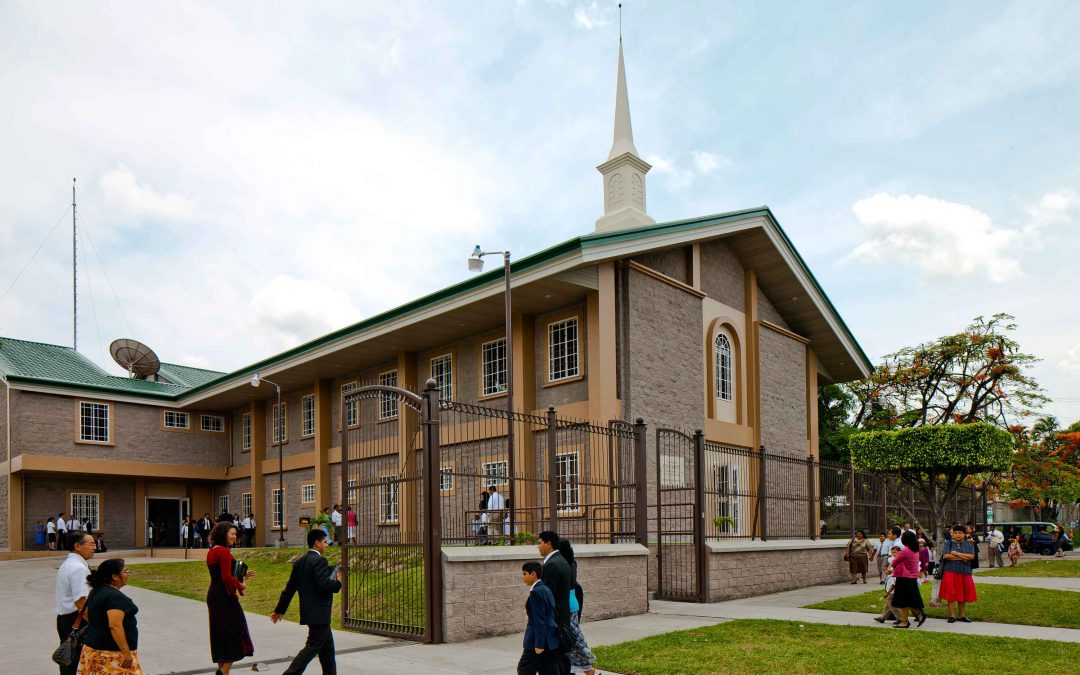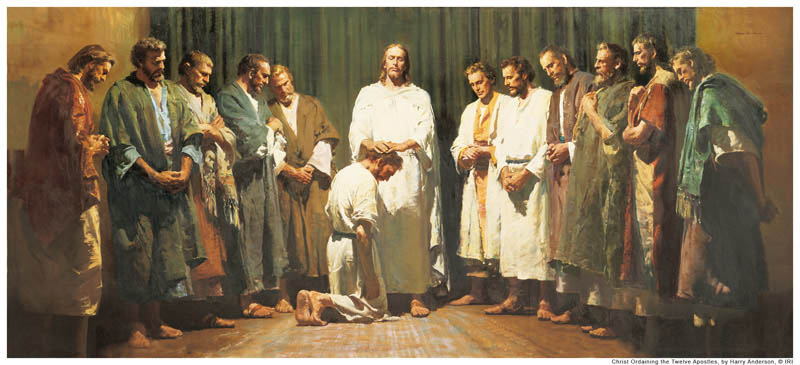Question
Hello Gramps,
I absolutely love your web site. Thank you for all your advice and insight! I have two questions actually. My first question is in regards to non-members of the Mormon Church, or investigators rather. Are non-members allowed to give sacrament talks or prayers, or are they permitted to teach/substitute in Sunday classes? Are there any rules in the handbook pertaining to this?
My 2nd question is about the youth program. We are in a Branch but we have about10-15 young women (I know wards with a smaller young women organization). Our girls are not meeting more than about 4 times a year for the Young Women’s Program. We do not have any chaperones from our Branch attending dances and Stake events, and personal progress is being overlooked as is “New Beginnings” and “Young Women in Excellence.” I have lived here two years and been concerned the entire time because I take a special interest in the youth, but I was called to the primary presidency and have remained there this whole time. My concern has grown quite considerably lately as my oldest daughter turned twelve this last month. As a parent I feel an obligation to inquire, however things are complicated by the fact that the Young Woman’s president is the branch president’s wife and speaking to him about my concern might prove awkward! Should I speak with the stake president? Our branch president is very kind, but partial to his family naturally and the last thing I want to do is cause harsh feelings or offend anybody..Thank you in advance for your advice,
Kristy
Answer
Dear Kristy,
Branches of the Mormon Church are so designated because they have not the membership or priesthood numbers to support all the functions that are designed for full-blown Wards. So, because of limited numbers, and often the limited experience of new members, the quality of the functions of the Branch may suffer a bit.
Concerning non-members participating in the functions of a Branch of the Mormon Church. What better way to instill both a knowledge of the gospel and a testimony of its truthfulness than to have someone prepare and present a talk in Sacrament Meeting or teach a class in Sunday School? Of course, such activities should be monitored in some way to ensure that the subject material is not inconsistent with church doctrine.
The only functions from which non-members would be prohibited from participating in would be those that require priesthood authority for their performance.
Your second question has to do with the quality of teacher and leadership functions provided by members who are called to their positions by the Branch President. You are concerned because the quality of the performance of these leaders does not measure up to your standards of excellence. Branches are Branches rather than Wards because of this very fact. The Branch President is undoubtedly doing the best he can with what he has to work with. Further, although every member may not agree with the assignment of particular individuals to particular callings, the Branch President is working from a position of overall responsibility for all the functions of the Branch, which would normally bring a different perspective to who would be called into what position than the perspective of a given member with a particular interest. Further, and this is the key to the whole matter, the Branch President, by virtue of the office that he holds, has the right to inspiration and revelation from Heaven to guide him in the selections that he makes.
Our responsibility as faithful members of the Branch is to sustain and support the Branch President in his calling, as we made a covenant to do when he was called to his position and sustained by the acclamation of the members of the Branch. In sustaining an officer of the Church, such as a branch president when they are installed in office, raising one’s hand in approval is the sign of a covenant to truly sustain the individual in his calling. That means that one would support, encourage and help wherever possible to make his calling a success.
It may also be well to reflect on the circumstance of Uzzah, who, although unauthorized to do so, attempted to steady the ark of God, and what happened to him as a consequence, as reported in 2 Sam. 6:6-7.
Perhaps a final point may be made to help relieve what anxiety you may feel because things are not working for the moment in a more perfect order than you think that they should be—
About 40 years ago I was called as the second counselor in a newly organized Stake in Columbus, Ohio. In those days we had quarterly conferences attended usually by a member of the Quorum of the Twelve Apostles. At one particular stake conference, about a year after the Stake was organized, the presiding general authority was Elder Mark E. Peterson of the Quorum of the Twelve Apostles. When the conference was over, I took him out to his car, and the following conversation ensued—
Me: “Elder Peterson, you have been so kind in complimenting us on what fine work we have been doing. However, both you and I know that our Stake is about the lowest Stake in the Church in activity. What can we really do to move things along at a faster pace?”
Elder Peterson: Oh, I wouldn’t worry too much about it if I were you. It took the Church back in Salt Lake five generations to get where they are.”
Gramps







